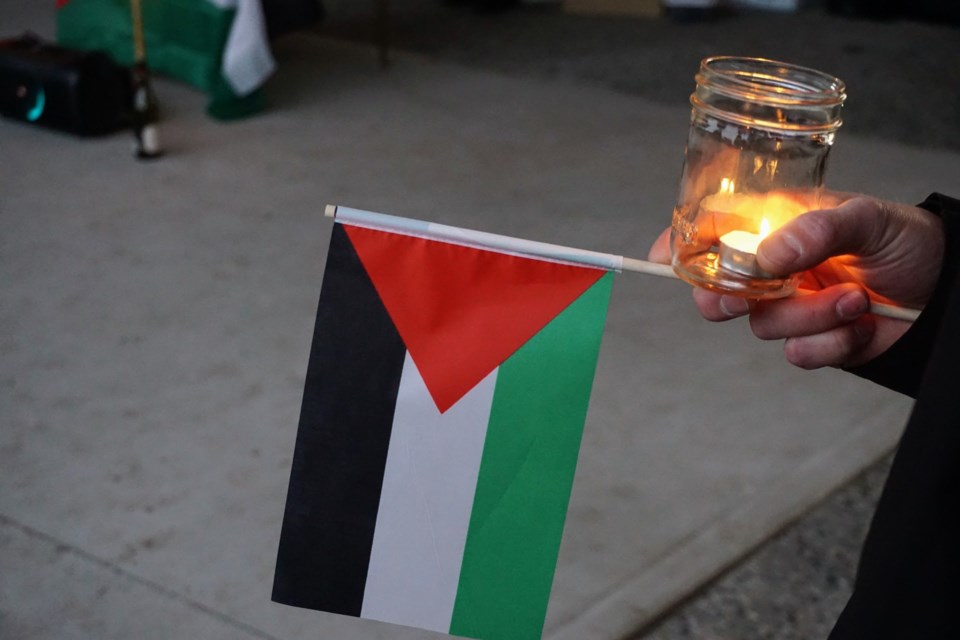It is said that history repeats itself. I do not believe that this is necessarily true. It is more a matter of studying history and recognizing the patterns of behaviour that bring about positive results and those that do not. If we respond to events with mindfulness, wisdom, and a sense of ethics, we can bring about more favourable outcomes. Unfortunately, these qualities are often in short supply in the halls of power.
I teach about human rights abuses and genocide. I have now lived long enough to be able to tell my students what it was like to live through the time of the Oka Crisis and the Rwandan Genocide. My students sit in disbelief as they learn about these events. When discussing Oka, they ask, “The Canadian army conducted a siege of two Indigenous communities because a town in Quebec wanted to take away their land to build a golf course? Really?” All I can do is tell the truth and encourage my students to learn from our mistakes so they can build a better future.
What will be the story I tell about this moment in history, as more and more legal experts and scholars use the words “a textbook case of genocide” to describe what is happening in Gaza? I will not be able to say that people may not have known how bad things were, that the campaign of denial was largely successful, as it was during the Armenian Genocide and the Holocaust. I won’t be able to say that people were preoccupied with other aspects of their lives and simply turned away, as they did during the Rwandan Genocide.
No, we have learned our lesson. This time people are watching, and people care. A significant majority of Canadians support an end to the killing. Millions around the world are protesting. In countries with large Jewish populations, tens of thousands of people are crying out, “Not in our name!” In many cities, hundreds of thousands are marching to save Palestinian lives. These are some of the largest and most widespread demonstrations the world has ever seen. People are posting and sharing on social media, and at the very least, they are giving hope to the sacred human beings in Gaza who are dying without food, water, and fuel, as their communities succumb to constant bombardment.
My students will ask me, “If so many around the world cared and wanted it to stop, why did the genocide in Gaza continue?” I will only be able to tell them that it was because the Israeli government did not want to stop. The United States is their closest ally, and because they have veto power on the UN Security Council, they were able to block all efforts by the other countries to end the killing.
I will have to say that while heinous attacks by Hamas on innocent Israeli civilians were rightly condemned, none of the close allies of the United States, especially Canada and all the countries of Western Europe, dared to stand up to the Americans and the Israelis to end the murder of innocent Palestinian children. While there were conscientious members of parliament who told Prime Minister Justin Trudeau that Canada needed to demand a ceasefire, he chose not to speak up. Other Canadian politicians even cheered on Israel.
People in many of these countries, I will continue, were rightfully disgusted with their elected officials. Despite the efforts of their constituents, the tearful phone calls, the many emails, and even sit-ins at their offices, they outright refused to do anything to stop the genocide.
Even worse, when people – especially women of colour - spoke up for Palestinian civilians, they risked being called terrorist sympathizers, they were arrested, silenced, or lost their jobs.
This time, I will have to tell my students that ordinary people did their part. The genocide was the fault of a handful of countries. The way the leaders of these nations acted was inexcusable.
When history is told, we will have to recognize that the genocidaires in Gaza were our political leaders.
Gerry Chidiac is a Prince George writer.



